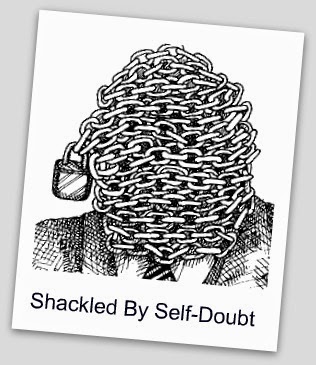D. Mackler and M. Morrissey "Understanding Your Role in the Family"

The following text is from the book "A Way Out of Madness" by Daniel Mackler and Matthew Morrissey. Chapter 4 Understanding Your Role in the Family We all grow up playing roles in our families, and more intensely and rigidly so in more troubled families. Family roles and family dynamics are generally unspoken and unconscious, especially in families with a higher degree of conflict. Sometimes these roles can be somewhat healthy and prepare us for a strong, independent adult life. Yet other times they can literally cripple us. Understanding your own historical role or roles in your family offers you the key to make more informed choices about your present life, to modify the way you interact with the world, and ultimately to unfold your life and your future. As the saying goes, “The truth will set you free.” Some family therapists even go so far as to see psychiatric disorders as an expression or a facet of troubled family dynamics. They share the observation t...








.jpg)